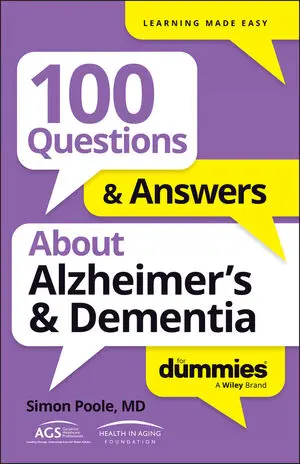The early symptoms of dementia or Alzheimer’s disease are more varied than simply being a bit forgetful. To be diagnosed with dementia or AD, someone must show at least two, if not more, of these ten warning signs, which can themselves sometimes be fairly subtle when they begin.
Memory problems that affect daily life. You need to remember the following things to be able to function normally every day. If your loved one can’t remember these facts on a regular basis, this could be an early symptom.
Important dates and events
The route taken on frequently traveled journeys
Where you’ve left important paperwork
Names and faces of friends, neighbors, or work colleagues
Difficulty with planning and problem solving: People in the early stages of dementia may
Become confused using a debit card.
Lose track of what their bank statement shows.
Forget to pay bills
Become confused while trying to put gas in the car.
Have trouble following a familiar recipe.
Problems finding the right word: In early dementia, many people find that words become elusive, leading to frustration and difficulty communicating effectively. Other signs involving conversation include
Substituting a word for something similar, such as a football becoming a kick ball, or a watch becoming a hand clock.
Having problems following the thread of other people’s conversations.
Confusion about time and place: People with early dementia often lose track of time or become confused about the date. They may also forget where they are or how they got there.
Poor judgment: Good judgment declines in early dementia. Normally frugal people may spend money on things they don’t need. Judgment about appropriate dress may also suffer, with people heading off to the beach wearing a coat, hat, and scarf or wearing shorts in a snowstorm.
Visuospatial difficulties: The start of dementia can be heralded by increasing clumsiness. As people are robbed of their ability to judge widths and distances, falls and fractures become more common.
Misplacing things: The ability to retrace steps and find misplaced items is lost in dementia. Coupled with a tendency to leave things in the wrong place as well (like slippers in the refrigerator), important objects go missing more often.
Changes in mood: In the early days of dementia, fluctuating moods can occur, with people often rapidly switching between extremes of sadness, fear, and anger. Low moods and depression are also extremely common in dementia.
Loss of initiative: People with dementia may lose interest in taking part in their usual activities. They may need prompting about what they should be doing or simply to join in with what friends or family are doing.
Personality change: A number of different changes are possible here, and not all people who develop dementia will change in the same way. In fact, what changes is their normal behavior (like a reserved proper woman starting to swear using words you did not even know she knew). Common changes include becoming
Confused
Suspicious
Withdrawn
Angry
Sexually or verbally disinhibited
As the disease progresses, these symptoms become more obvious, because they become more permanent. These ten symptoms become part of a person’s usual day-to-day life and behavior. Then there’s little doubt that the person has developed dementia.






